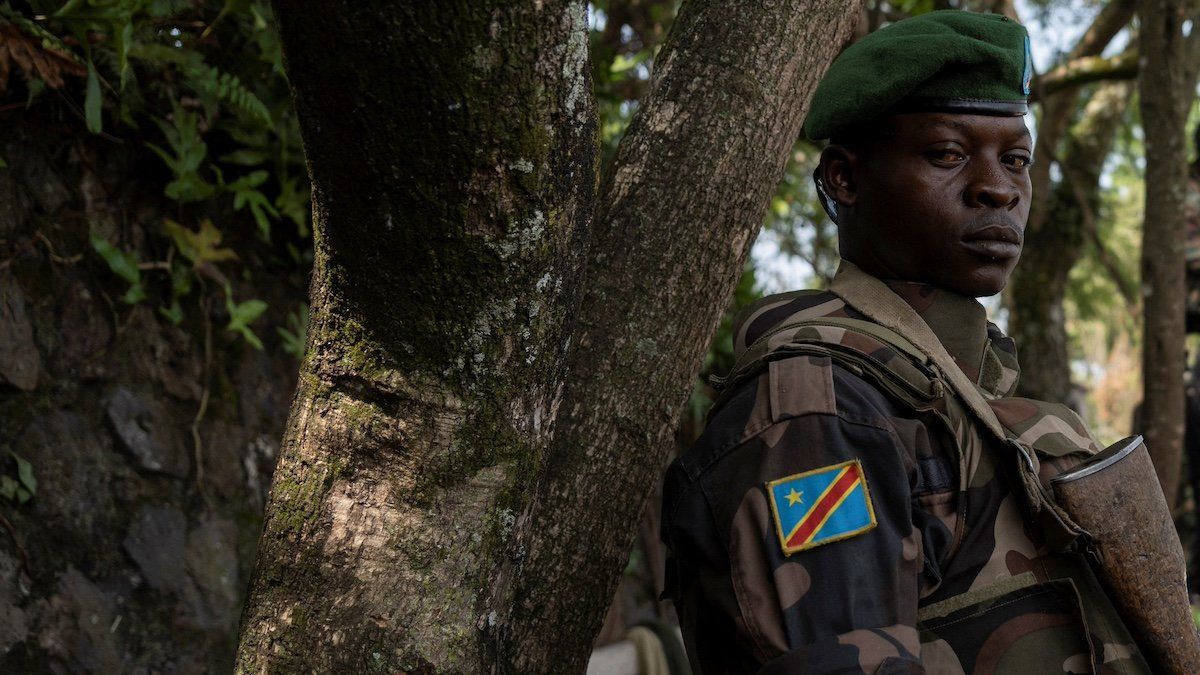The Democratic Republic of Congo has called for a global embargo of mineral exports from Rwanda, which it accuses of backing rebel groups along their shared frontier. Congo says that because Rwanda allegedly uses violent proxies to seize mines in Congo before exporting their products as though they came from Rwanda, all Rwandan ore should be considered “blood minerals.”
Two weeks ago, the M23 rebels, which have strong ties to Rwanda’s ethnic Tutsi elites, seized the mining town of Rubaya, a town in eastern Congo with deposits of the mineral tantalum. Tantalum is used in all sorts of high-tech applications, from the camera in your phone to the semiconductor chips crucial to the AI revolution, but it’s hard to find, and Congo is one of the richest sources in the world. In a letter last month, the Congolese government directly confronted Apple over its alleged use of pilfered tantalum, among other minerals, but the tech giant says an internal review revealed no blood minerals in its supply chains.
The logic of the boycott is simple: If Rwanda cannot profit from its alleged support of armed rebel groups in eastern Congo, it has significantly less incentive to fund the violence there. Nearly
6 million Congolese have already had to flee fighting, with 1.4 million swelling the encircled city of Goma. If the world heeds Congo’s call — and no major economy thus far has assented — it could tackle one of the root causes of this long-running tragedy.
